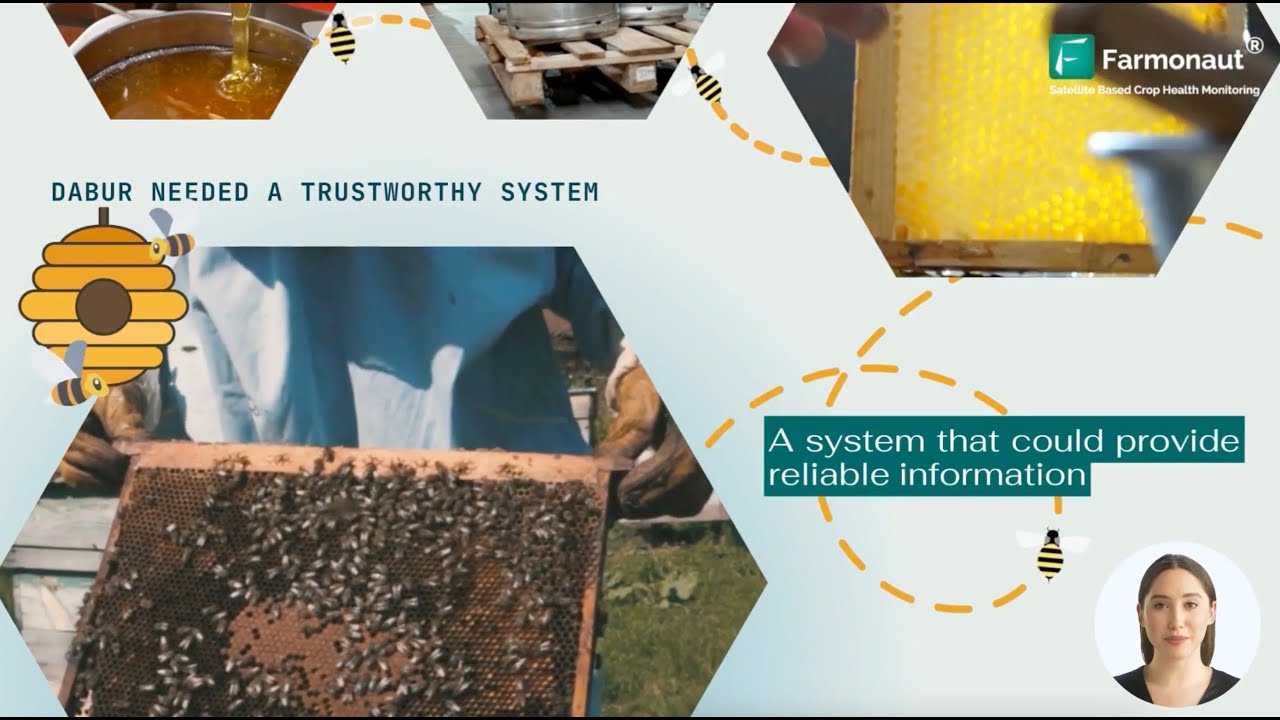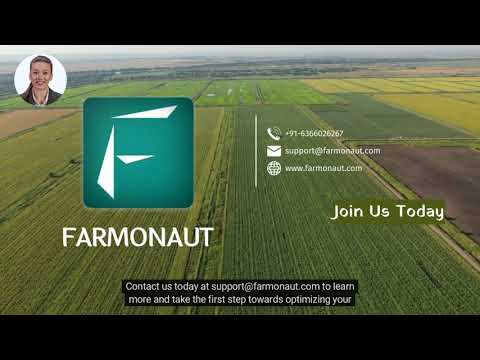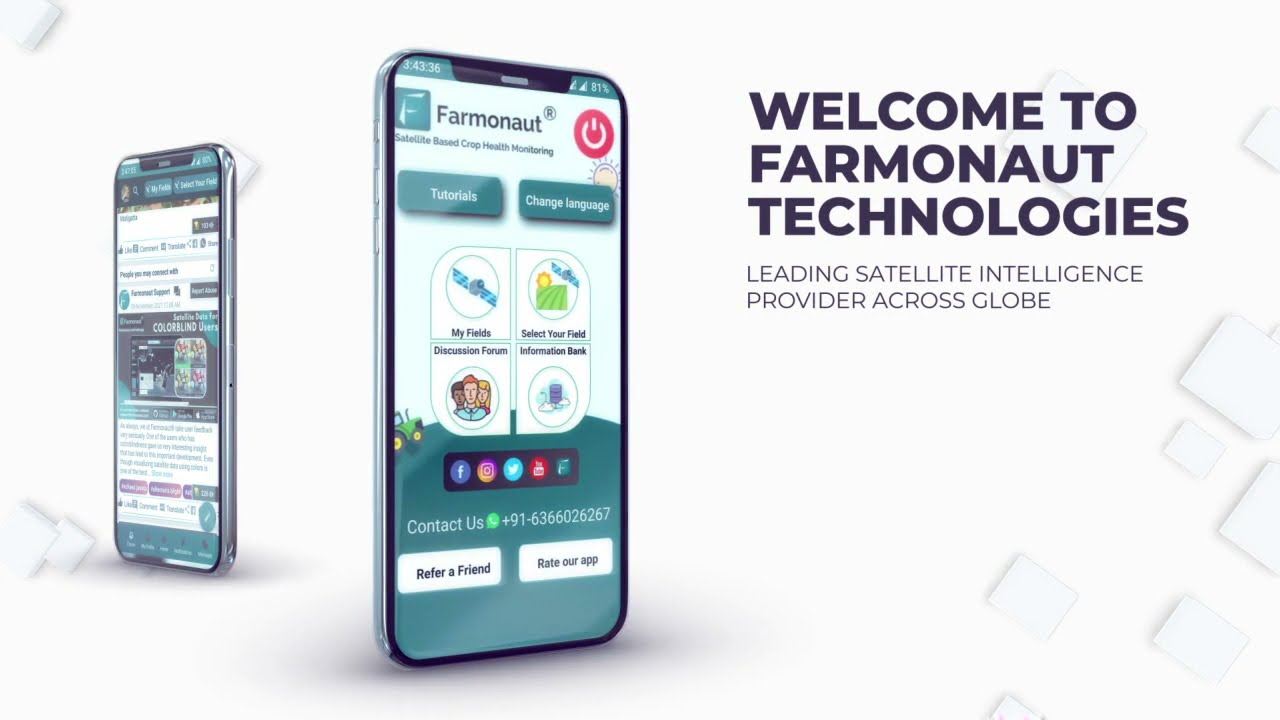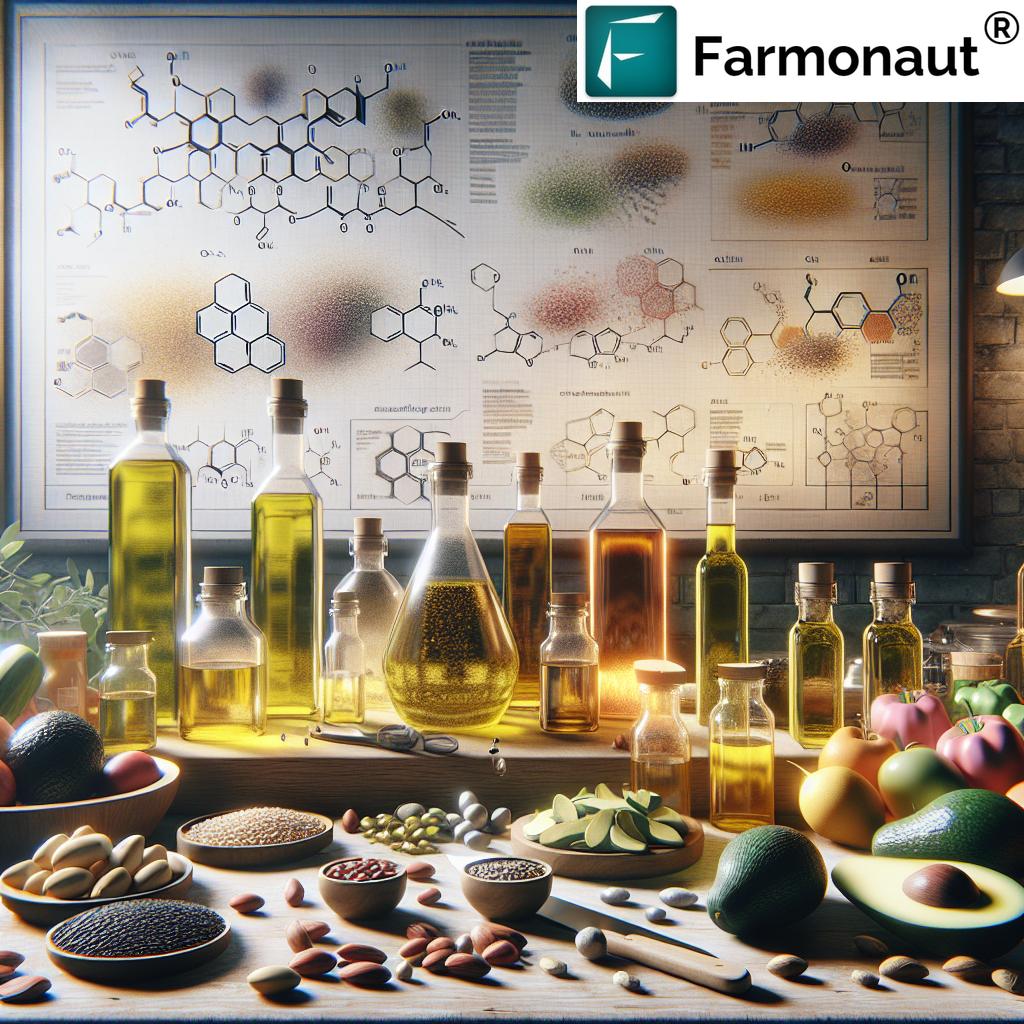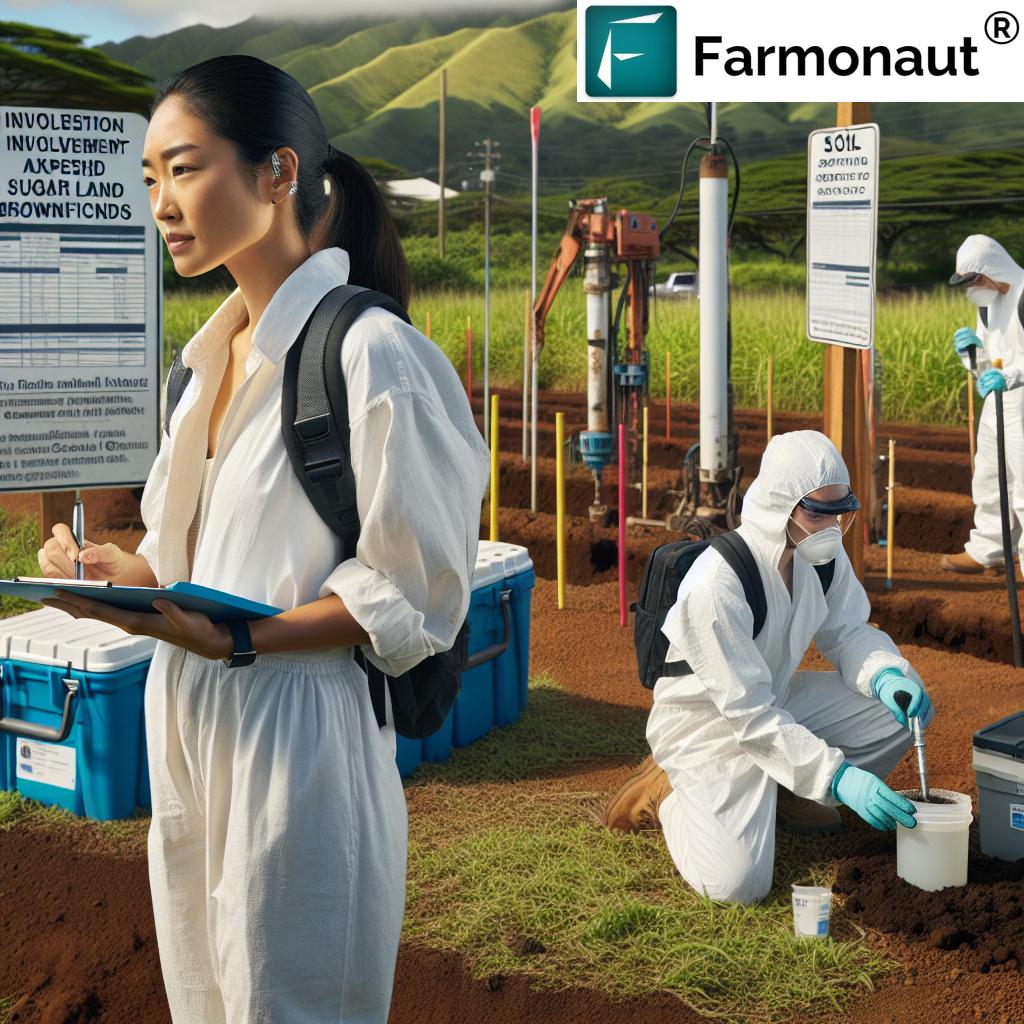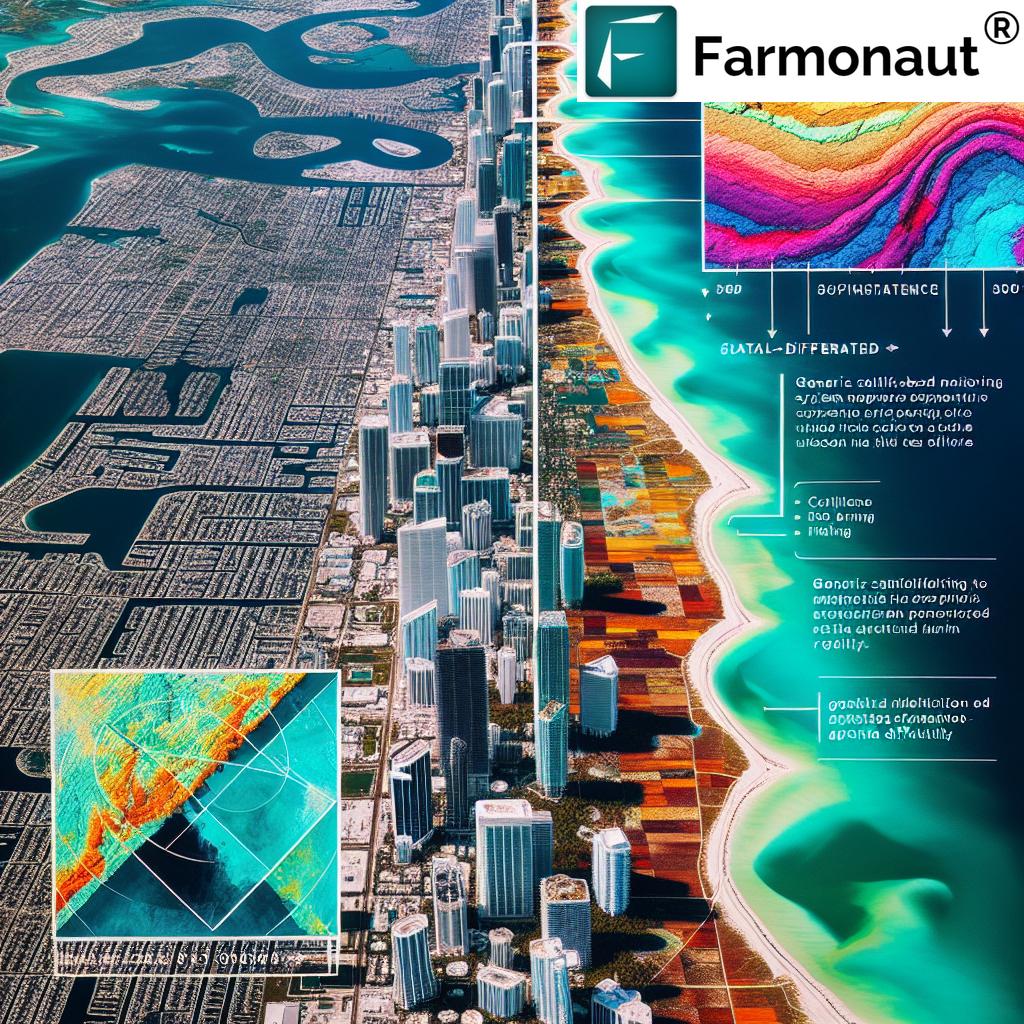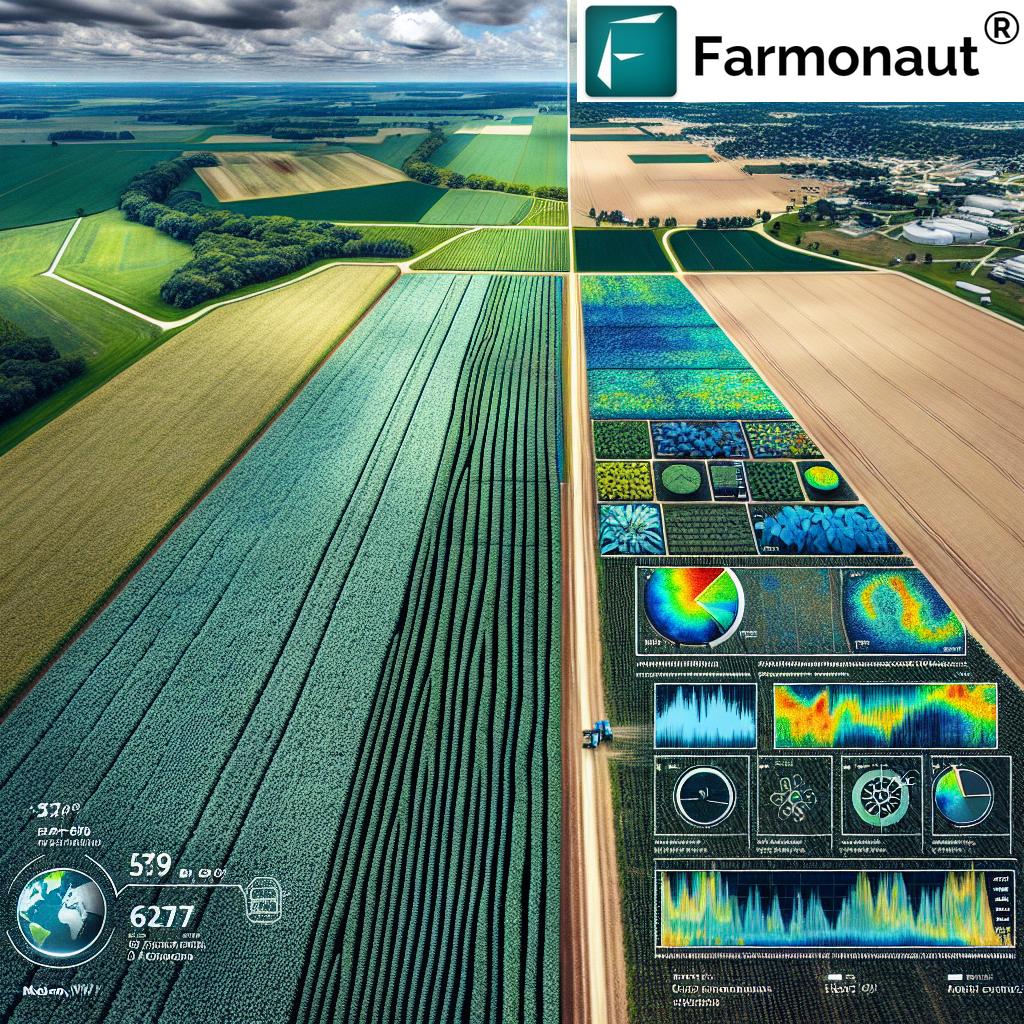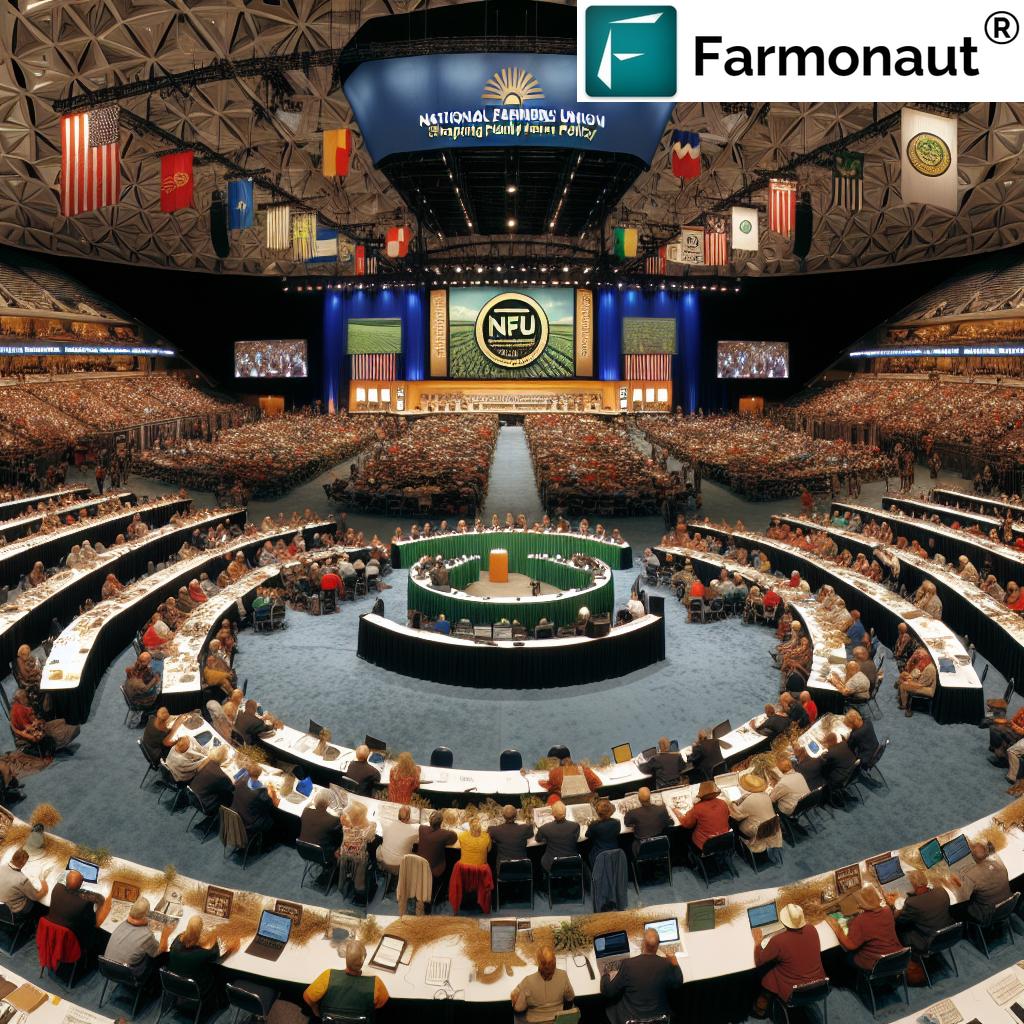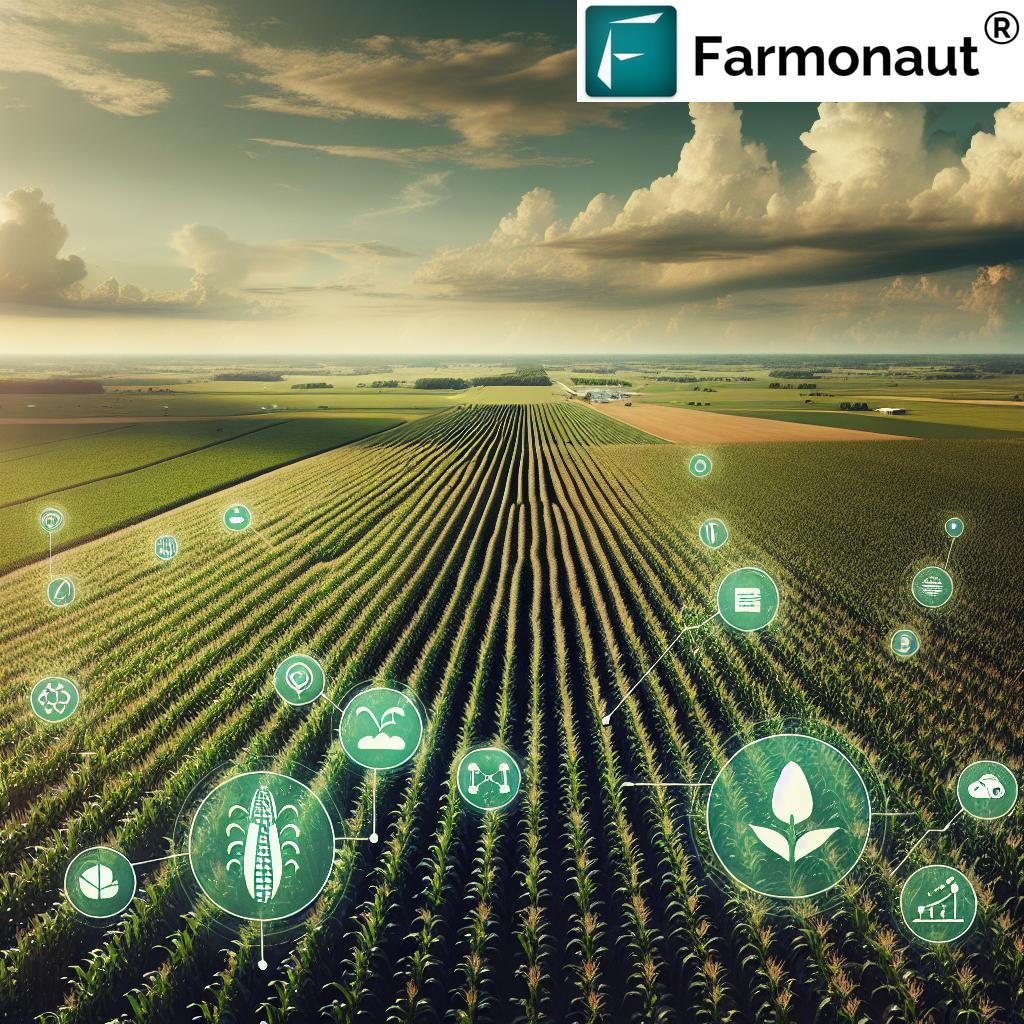Food Traceability USA: 5 Ways to Boost Supply Chain Trust
“Over 80% of U.S. consumers say food traceability increases their trust in a brand’s sustainability and safety efforts.”
Introduction: The Rising Demand for Food Traceability in the USA
As the food industry in the USA evolves, so do consumer expectations. Modern shoppers are more aware, health-conscious, and environmentally aware than ever. They require greater transparency and accountability from every link in the supply chain—from farms and manufacturing plants to retail shelves and restaurant tables.
The highly publicized food recalls and safety scares over the past decade have placed an intense spotlight on food safety regulations in the USA. Coupled with new rules like FSMA 204, brands are facing mounting pressure to modernize food traceability and elevate supply chain transparency for all stakeholders.
In this era of digitization and global commerce, food manufacturers, wholesalers, and retail giants are investing in advanced technologies to share critical data and trace products from farm to fork. Going beyond mere regulatory mandates, trailblazing companies now proactively leverage traceability and integration solutions—like those powered by Farmonaut—to uphold safety, accountability, and sustainability across every step of their operations.
Why Food Traceability Matters for Food Safety and Trust
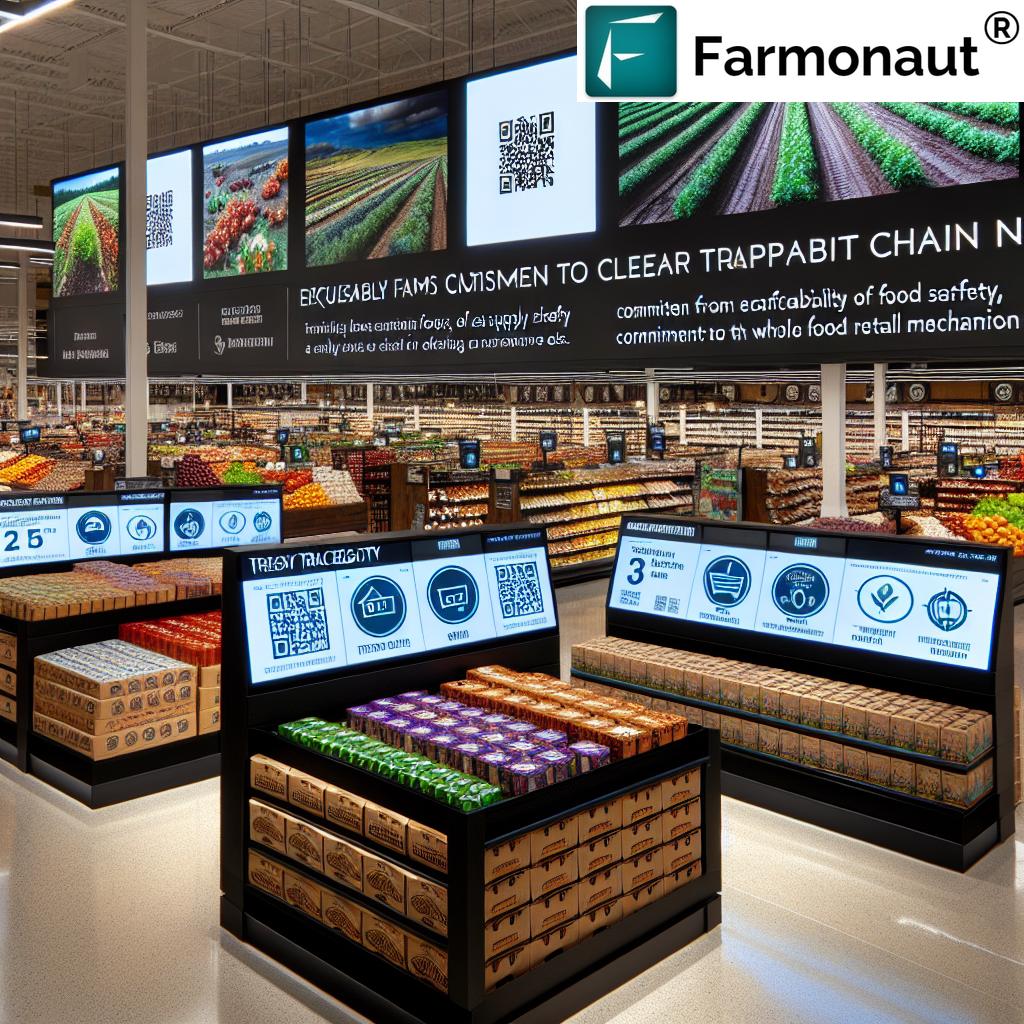
Let us consider the ever-shifting global landscape:
- Complex supply chains spanning continents, relying on multiple intermediaries
- Increasing regulatory expectations for traceability and recall performance
- Heightened consumer and investor interest in sustainability and ethical sourcing
In this high-stakes environment, a single gap in traceability—an unknown origin, an undocumented batch, a delayed response—can compromise food safety, erode customer trust, and result in recalls costing millions of dollars. In contrast, robust farm-to-retail traceability systems enable organizations to:
- Proactively share verified data with customers and retail partners
- Demonstrate transparency and accountability from farm to fork
- Shorten response time when facing recalls or investigations
- Highlight sustainable and ethical sourcing progress—such as cocoa farming organization traceability
Major food brands in the USA—such as Ritter Sport USA, Inc.—are paving the way by actively sharing outbound traceability data with their existing and prospective retail customers. This forward-thinking approach boosts safety, trust, and supports their mission for sustainable sourcing in a world that cares deeply about where its foods come from.
FSMA 204 Compliance and Food Traceability: What Every Supply Chain Stakeholder Needs to Know
FSMA 204 compliance is among the most significant regulatory changes in the landscape of food traceability in the USA in decades. The Food Safety Modernization Act (FSMA) Section 204, finalized by the FDA, expands and clarifies the food traceability rule requirements for hundreds of food categories.
Let us break down why FSMA 204 matters:
- It applies to more than 200,000 food facilities in the USA alone
- It expands the required scope of traceability data—beyond what was previously mandated
- It urges all supply chain operators (farm, processor, distributor, wholesaler, importer, and retailer) to share, record, and trace key data elements (KDEs) and critical tracking events (CTEs) across the supply chain
- It drives the need for faster, digital communications and seamless incident response—especially in the event of a recall or investigation
More than just regulatory pressure, FSMA 204 serves as a catalyst for the widespread modernization of food supply chains. Those who require not just compliance, but strive for leadership in safety, trust, and sustainability are now embracing digital traceability, AI advisory tools, and blockchain-based systems.
See how Farmonaut supports full FSMA 204 traceability integration solutions—making end-to-end compliance accessible and affordable for all sizes of business.
“FSMA 204 compliance impacts more than 200,000 U.S. food facilities, driving transparency from farm to retail shelf.”
5 Ways to Boost Supply Chain Trust with Food Traceability
How can food companies in the USA—from farm producers to global retailers—go beyond the minimum to optimize safety, boost customer trust, and drive supply chain transformation? Here are five practical strategies, inspired by industry leaders and the very latest in agricultural technology innovation (including Farmonaut’s suite of data-driven solutions):
1. Implement Blockchain-Based Traceability Solutions
Modern food traceability requires data structures that are decentralized, tamper-proof, and instantly verifiable by all stakeholders. Blockchain delivers precisely this capability.
- Immutable records: Every step in the supply chain (from harvest, processing, transport, to retail) is time-stamped and cannot be altered retroactively.
- Enhanced transparency & accountability: All participants can share outbound traceability data securely, building trust with both current and future retail customers.
- Fraud prevention: The risk of food adulteration, substitution, or mislabeling is significantly reduced, aligning with food safety regulations USA.
Farmonaut’s blockchain-based traceability solution (learn more here) empowers all agri-businesses and food producers to:
- Establish full-chain traceability, from farm to consumer
- Meet retail food traceability requirements worldwide
- Provide digital assurance to buyers, regulators, and end-consumers
2. Promote End-to-End Supply Chain Transparency
True supply chain transparency means more than just tracing physical products. It requires real-time visibility into every key process, movement, and stakeholder from the farm field to the retail shelf.
- Digitize documentation: Replace paper logs with cloud-based digital records for all critical tracking events and key data elements.
- Monitor crop health and conditions: Leverage satellite-based crop monitoring (offered by Farmonaut) to track crop origin, harvest time, and weather exposure—all securely indexed within the traceability system.
- Connect your ecosystem: Enable upstream suppliers (such as cocoa farming organizations) and downstream retailers to share information instantly—creating a culture of accountability.
The outcome? Reduced risk, faster recall performance, and improved confidence from partners and end customers. For true end-to-end food traceability USA, integration solutions must work seamlessly across devices and geographies.
To get started, Farmonaut’s large-scale farm management platform (details here) provides an intuitive interface for both individual growers and enterprise operators.

3. Leverage Digital Integration for Outbound Traceability Data
Centralized, accessible digital integration solutions are the backbone of high-performing, modern supply chains. By sharing outbound traceability data across partners, food businesses can:
- Automate reporting and response to retail customers and regulatory agencies
- Reduce friction and manual labor throughout operations
- Minimize errors or delays that could impact safety and trust
Farmonaut’s platform provides API integration (explore the API here) for seamless data exchange between existing ERP systems, mobile apps, satellite insights, and blockchain traceability ledgers. Developers can utilize API developer docs here to build custom workflows ensuring smooth, automated compliance.
4. Streamline Recall Response Time and Investigations
A fast and accurate recall response time reduction is not just a regulatory goal—it’s central to protecting public health, brand equity, and the environment. By digitalizing investigations and sharing traceability data at every stage, companies can act decisively when it matters most.
- Instant batch recall: Identify and isolate impacted products with speed—and minimize unnecessary destruction.
- Stakeholder alerts: Automated notifications to all affected partners and customers using recorded traceability data.
- Regulatory readiness: Simplify and accelerate incident response for FDA and local health departments.
Farmonaut’s blockchain records create an unbreakable audit trail—supporting root cause investigations and risk mitigation.
Quick tip: Food recall management becomes more effective and less costly when robust traceability technology is used. Consider supporting your food business operations with modern traceability records via solutions like Farmonaut’s.
5. Commit to Sustainable and Ethical Sourcing from Farm to Retail
Food traceability is no longer just a safety issue—it’s fundamentally connected to the global movement toward sustainability and ethical sourcing, especially in segments like cocoa, coffee, produce, and seafood.
By leveraging supply chain transparency tools:
- Brands can trace raw ingredients down to the farming organization, confirming origin and responsible practices.
- They can demonstrate measurable carbon footprint reductions and certify low-impact operations.
- Consumers can access digital proof of ethical certifications, empowering values-driven purchasing decisions.
Farmonaut offers a full carbon footprinting suite (explore carbon monitoring here) that quantifies emissions, resource usage, and sustainability impact—making it easier for food companies to meet ambitious environmental targets.
Similarly, Farmonaut’s precision farming and AI advisory systems help all stakeholders—from smallholder cocoa farmers to large agribusinesses—practice efficient, sustainable, and ethical agriculture.
What Is the Business Case for Investing in Food Traceability?
Beyond compliance, companies gain:
- Brand differentiation: Win new retail contracts and grow market share by proactively exceeding retail food traceability requirements
- Risk reduction: Reduce costs associated with recalls, investigations, and supplier mismanagement
- Stronger stakeholder relationships: Build lasting trust with customers, investors, regulators, and end consumers
Comparison Table: Impact of Food Traceability Measures on Key Supply Chain Metrics
How Farmonaut Enables Scalable, Affordable Food Traceability Integration
At Farmonaut, our mission is simple but vital: make precision agriculture, real-time food traceability, and advanced resource management affordable and accessible to every stakeholder in global food supply chains.
- Satellite-Based Crop Health Monitoring: Harnessing multispectral satellite imagery, we monitor vegetation health, soil moisture, and more—delivering actionable data to every farm, regardless of location or scale.
-
Blockchain-Based Product Traceability:
- Integrate end-to-end traceability data that cannot be tampered with
- Share outbound traceability data with your retail customers and partners securely, quickly, and cost-effectively
- Create trust and accountability throughout your supply chain, supporting all regulatory and commercial requirements
-
Learn more about product traceability and integration at
farmonaut.com/product-traceability
-
Resource & Fleet Management:
-
Ensure efficient fleet routing, logistics, and on-field operations using our
fleet management suite
-
Ensure efficient fleet routing, logistics, and on-field operations using our
-
AI-Based Jeevn Advisory System:
- Use real-time decision support—combining weather, crop, and market data—to boost farming productivity and minimize losses.
-
API Access:
- Developers and agri-businesses can tap into our satellite and weather data using our robust API (API Documentation), enabling your own innovation and seamless integration with traceability solutions.
-
Carbon Footprinting:
- Monitor and report your food business’s actual carbon emissions in real time—find out more
Want to empower food producers, cooperatives, or even government agencies with affordable, high-impact traceability?
Try the Farmonaut platform for web, Android, and iOS today!
The Future of Food Traceability in the USA: Consumer Trends & Tech Innovations
The next decade will witness an unprecedented leap in food supply chain modernization across the USA. Here’s how trends and emerging technology are shaping tomorrow’s landscape of traceability and sustainability:
-
Sophisticated Digital Recordkeeping:
All supply chain actors will move beyond basic spreadsheets, relying instead on intelligent cloud-based platforms. -
Embedded QR and RFID Tracking:
Enhanced consumer experience via real-time product info, farm origin, certifications, and even ethical scores—scannable at the shelf. -
Zero-Waste and Circular Operations:
Cutting-edge supply chain transparency reveals food waste, uncovers inefficiencies, and supports a transition to regenerative agriculture. -
AI and Machine Learning Advisory:
Systems like Farmonaut’s Jeevn AI will optimize everything from harvest windows to sustainable pest management to fleet logistics, continually learning from vast datasets. -
Universal API-First Integration:
Expect near-total interoperability, where new and legacy food traceability systems “talk to each other” in real time—across borders and business units. -
Traceable and Verified Ethical Sourcing:
Retail food traceability requirements will expand to demand proof of cocoa, coffee, and other commodities’ origins—validating every farming organization’s sustainability and ethical credentials. -
Regenerative and Low-Carbon Certifications:
Live carbon tracking (see Farmonaut’s tool) will become the gold standard—embraced by food manufacturers, retailers, and forward-thinking consumers.
The result? Transparency and trust will no longer be optional—they will be a baseline expectation for all foods in the USA and beyond.
How Can Your Supply Chain Leverage These Advances Today?
By investing in scalable, proven traceability and transparency solutions (such as Farmonaut’s) designed for all operation sizes, your organization can:
- Track crops and resources in real time
- Certify product origins and responsible farming practices
- Build trust—with partners, regulators, and consumers
FAQ: Food Traceability USA
What is the primary focus of food traceability?
The main objective of food traceability is to track and document a food product’s origin, movement, processing, and distribution throughout every stage of the supply chain, from the farm to the end consumer. This enhances safety, accountability, regulatory compliance, and consumer trust.
What is FSMA 204, and who does it affect?
FSMA 204 is a section of the USA’s Food Safety Modernization Act that mandates expanded digital food traceability requirements for over 200,000 food facilities, impacting nearly every operator within farm-to-retail supply chains. It places a strong emphasis on data-sharing, digital recordkeeping, and faster recall responses.
How can blockchain improve supply chain trust?
Blockchain provides a tamper-evident ledger where every action—such as harvesting, processing, and transporting foods—is timestamped, verifiable, and immutable. This means both supply chain partners and end-users can fully trust the source, handling, and sustainability claims of every batch or item.
Is food traceability only about recalls?
No. While fast recall management and response time reduction are key drivers, traceability also supports fraud prevention, transparency, performance benchmarking, ethical sourcing, and sustainability reporting.
How can small farms in the USA implement traceability without heavy IT investments?
Today’s cloud-based, API-driven, and mobile app solutions—like Farmonaut—allow even small producers to use affordable satellite imagery, digital logs, and blockchain product tracking without specialized hardware or high costs. These tools democratize access to robust farm-to-retail traceability.
How does traceability support sustainable and ethical sourcing?
Traceability tools verify and document environmental and social practices—for example, confirm cocoa is sourced from certified farming organizations rather than fraudulent or unsustainable sources. They also record carbon footprints, water usage, and labor conditions, empowering ethical manufacturers and buyers.
Where can I learn more about precision agriculture and digital advisory tools?
Farmonaut’s Carbon Footprinting tracks farm emissions and sustainability metrics, while our main platform centralizes real-time farm management for growers and agribusinesses.
Farmonaut Subscription Pricing
Whether you’re an individual producer, a large-scale agribusiness, or a retail operation striving for FSMA 204 compliance, Farmonaut has a flexible, scalable, and affordable subscription plan for you:
Conclusion: Building Supply Chain Trust, Sustainability, and Safety—for the USA and Beyond
In a world where food supply chains are increasingly global, complex, and high-risk, robust food traceability and transparent, digital operations deliver measurable value—protecting public health, brands, partners, and the environment alike.
By investing in forward-focused digital traceability integration solutions, aligning with FSMA 204 compliance, and committing to sustainable and ethical sourcing, food producers and retailers across the USA can build a foundation of trust for the next generation of customers—and the planet.
Get started with farm-to-retail traceability and platform-driven sustainability by exploring Farmonaut today. Our suite is designed for everyone—from those managing a few acres, to those overseeing a nationwide supply chain.





